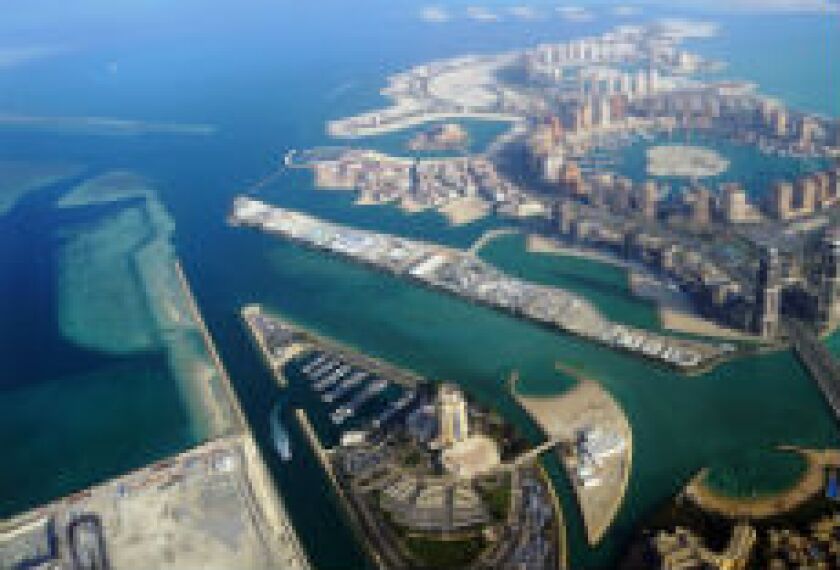Bank of America Merrill Lynch, Barclays, Deutsche Bank, MUFG, SMBC, Mizuho Bank, United Overseas Bank, Intesa Sanpaolo and Standard Chartered are the early bird mandated lead arrangers on the facility.
A source close to the deal told GlobalCapital in December last year that bankers from the US, Europe, China, Japan and Singapore showed interest in the three months before the launch.
This week, the source said QNB received a “huge response” at the underwriting stage, attracting more than the target amount of $3bn — seemingly a strong endorsement, despite the politics. The loan is intended to refinance a loan signed in 2015.
Pricing also looks like it has defied the politics. Most bankers expected a premium, though a banker on the deal said the pricing was in line with other A-rated credits. But despite these early indications, it is not clear that other QNB relationship lenders are ready to step up.
Banks, including HSBC, Commerzbank, JP Morgan and Citi, have yet to join, though may be part of the general syndication phase. On the previous deal, HSBC was the bookrunner, Commerzbank the was mandated lead arranger, and Citi was the arranger, according to Dealogic.
Another Qatari bank, Doha Bank, showed that confidence in Qatar may not be so strong in Asia. Chinese lenders decided to drop out from its loan extension at the end of last year, citing concerns over the continuing political dispute.
In the bond market, QNB is taking a private approach, with its second Formosa bond issue on Tuesday, following its Formosa debut in September last year.
The public loan deal definitely marks progress. In the immediate aftermath of the GCC diplomatic move, bankers expected QNB to take a private route, using bilateral facilities to replace syndicated funding.
But it’s a tentative progress. The market has some confidence that it can look past the political crisis — but it’s an open question whether the rehabilitation is complete.

